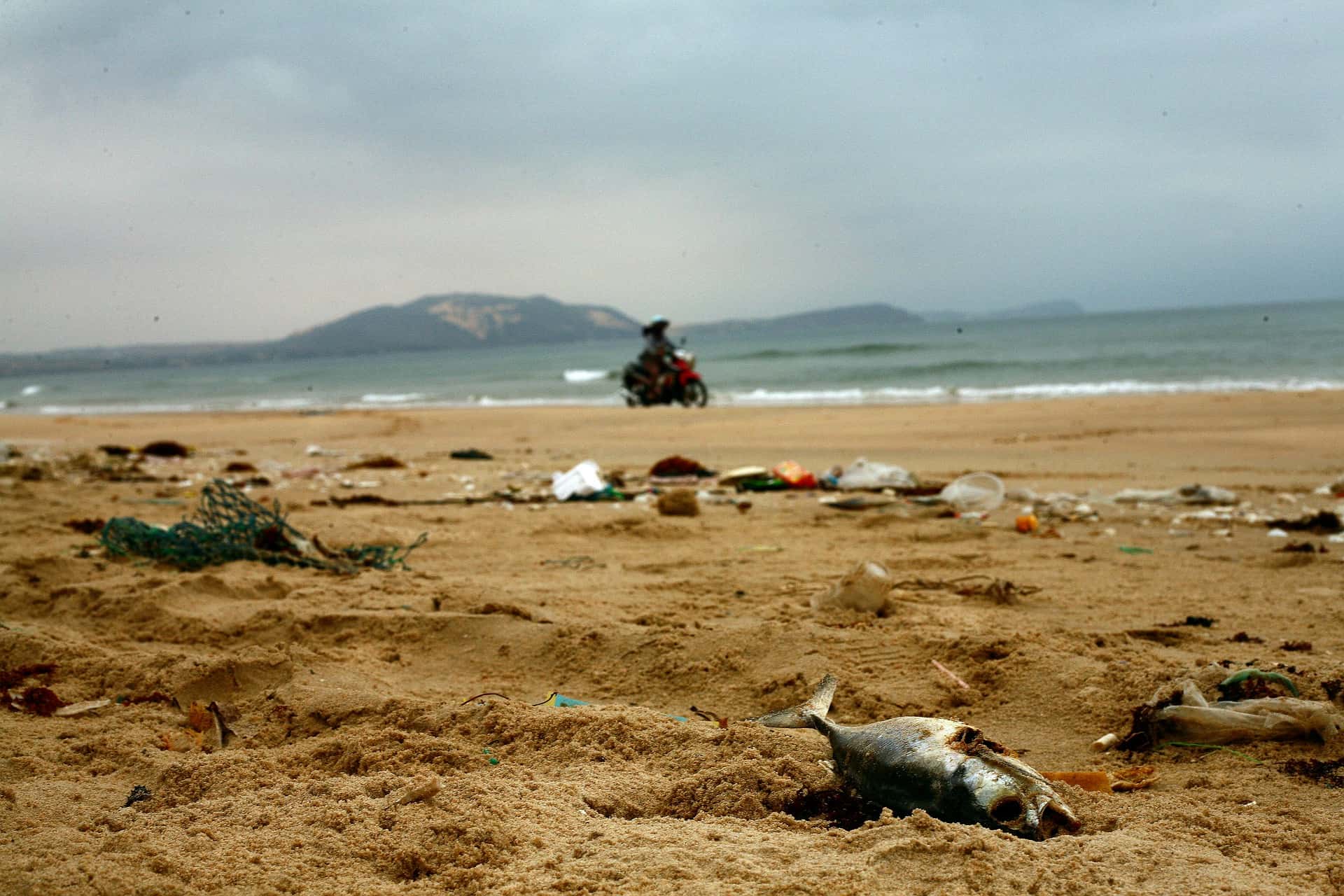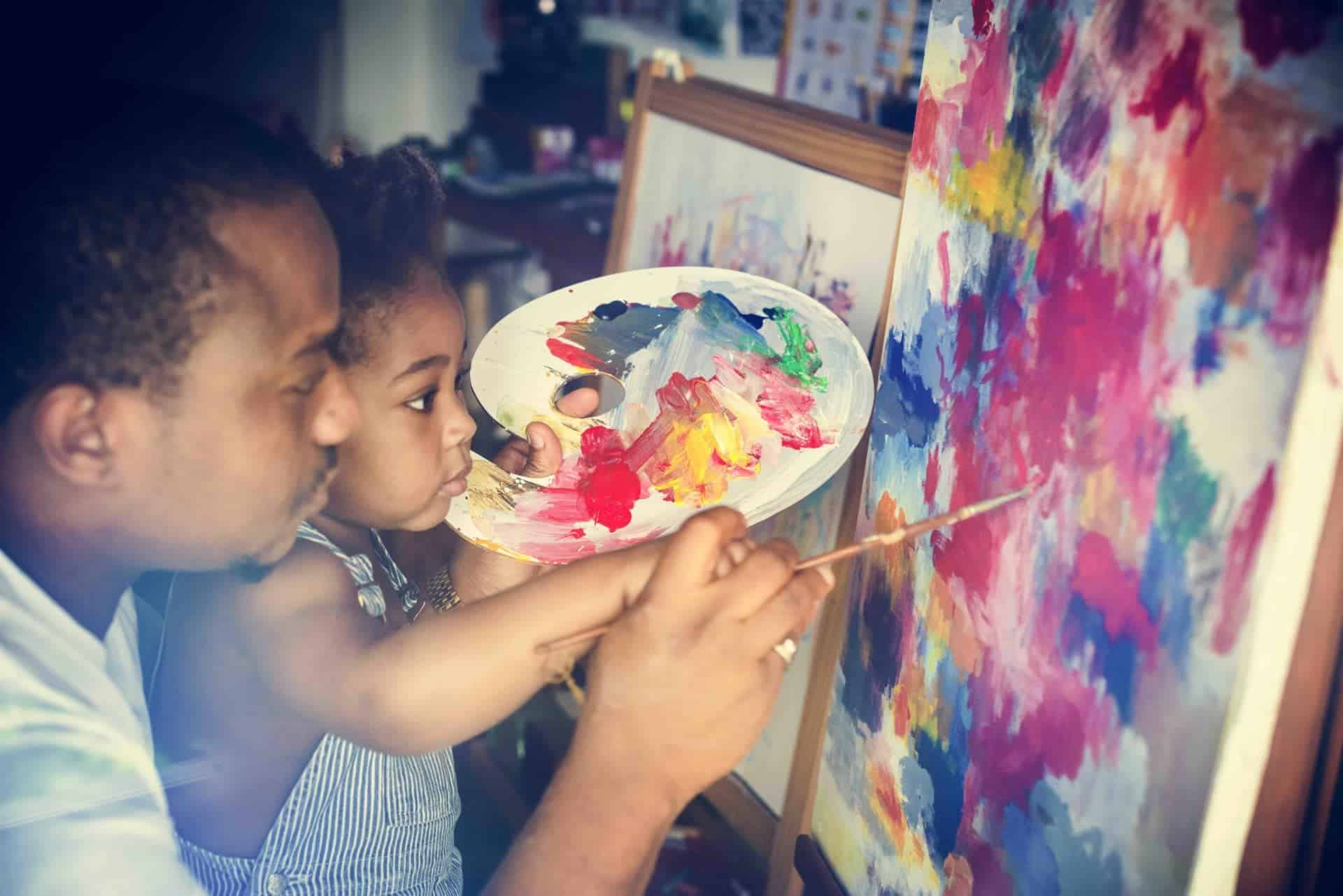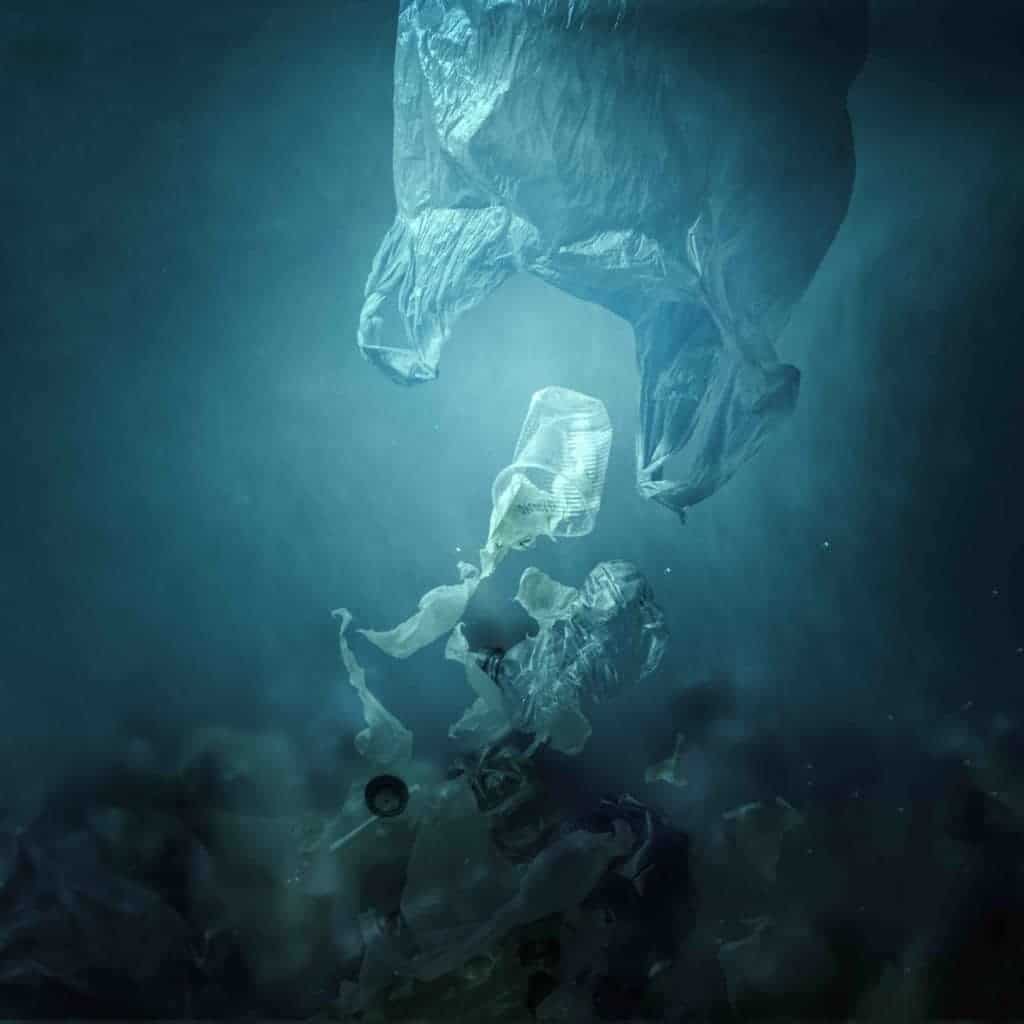Integral Ecology is the Solution to the Environmental Crisis
Unites Human & Physical Environments
One Complex Crisis
Nature is One & Indivisible
Contemplation & Compassion
Struggles with Deeper Issues
No Ecology without Adequate Anthropology
We cannot care for the environment if we do not take care of people!
What is Integral Ecology?

Key Insights
“Our duties towards the environment are linked to our duties towards the human person“. (Pope Benedict XVI, 51)
“If an appreciation of the value of the human person and of human life is lacking, we will also lose interest in…the earth itself.” (Pope St. John Paul II, 13)
“The analysis of environmental problems cannot be separated from… how individuals relate to themselves.” (Pope Francis, 141)
READ MORE
“The neglect of creation and social injustices influence each other”. (Pope Francis)
“Since everything is closely interrelated…I suggest that we now consider some elements of an integral ecology, which clearly respects human and social dimensions”. (Pope Francis, 137)
“The Church is not only committed to promoting the protection of land, water and air…above all she…works…to protect mankind from self-destruction.” (Pope Benedict XVI)
“Man too is God’s gift to man. He must therefore respect the natural and moral structure with which he has been endowed.” (Pope St. John Paul II, 38)
We Must Unite
the Human & Physical Environment

- “At the root of the senseless destruction of the natural environment lies an anthropological error.” (Pope St. John Paul II, 37)
- “Man is not really himself, however, except within the framework of society and there the family plays the basic and most important role.” (Pope St. Paul VI, 36)
- “Unless we struggle with these deeper issues, I do not believe that our concern for ecology will produce significant results.” (Pope Francis, 160)

“There can be no renewal of our relationship with nature without a renewal of humanity itself.”
Pope Francis, 118
- “The deterioration of nature is in fact closely connected to the culture.” (Pope Benedict XVI, 51)
- “The health of a society’s institutions has consequences for the environment and the quality of human life.” (Pope Francis, 142)
- “When ‘human ecology’ is respected within society, environmental ecology also benefits.” (Pope Benedict XVI, 51)
“[T]he book of nature is one and indivisible: it takes in not only the environment but also life, sexuality, marriage, the family, social relations: in a word, integral human development.”
Pope Benedict XVI, 51
So, This is a Much Bigger Issue!
“It would be wrong to uphold one set of duties while trampling on the other.” (Pope Benedict XVI, 51)
“Herein lies a grave contradiction in our mentality and practice today: one which demeans the person, disrupts the environment and damages society.” (Pope Benedict XVI, 51)
“Unless we struggle with these deeper issues, I do not believe that our concern for ecology will produce significant results.” (Pope Francis, 160)
READ MORE
“The decisive issue is the overall moral tenor of society.” (Pope Benedict XVI, 51)
“The more serious destruction of the human environment, something which is by no means receiving the attention it deserves.” (Pope St. John Paul II, 36)


Why?
“Taking up this challenge seriously has much to do with an ethical and cultural decline which has accompanied the deterioration of the environment.” (Pope Francis, 162)
We fail to remember that “together with the patrimony of nature, there is also an historic, artistic and cultural patrimony which is likewise under threat”. (Pope Francis, 143)
“Men and women of our postmodern world run the risk of rampant individualism, and many problems of society are connected with today’s self-centered culture of instant gratification.” (Pope Francis, 162)
READ MORE
“Acceptance of our bodies as God’s gift is vital for welcoming and accepting the entire world as a gift from the Father and our common home, whereas thinking that we enjoy absolute power over our own bodies turns, often subtly, into thinking that we enjoy absolute power over creation“. (Pope Francis, 155)
Significant Consequences!
“The issue is one which dramatically affects us, for it has to do with the ultimate meaning of our earthly sojourn.” (Pope Francis, 160)
“We need to see that what is at stake is our own dignity” and, “leaving an inhabitable planet to future generations”. (Pope Francis, 160)
“If these issues are courageously faced, we are led inexorably to ask other pointed questions: What is the purpose of our life in this world? Why are we here? What is the goal of our work and all our efforts? What need does the earth have of us?” (Pope Francis, 160)

“Two key words of integral ecology: contemplation and compassion.”
Pope Francis

Contemplation
- “[W]e must return to contemplation…It is not easy. It is necessary“.
- “To contemplate is to gift oneself with time to be silent, to pray, to restore harmony to the soul, the healthy balance between head, heart and hands, between thought, feeling and action.”
- Failing this “we lose our roots…we lose our gratitude for what there is and for who gave it to us.”
READ MORE
“So as not to forget, for the heart not to become sick, we must be still.”
“Contemplation is the antidote to hasty, superficial and inconclusive choices.”

Compassion
- “is the fruit of contemplation.”
- “Compassion is not a nice sentiment, it is not pietism; it is creating new bonds with others. And taking responsibility for them.”
- “[T]hose who have compassion enter into a daily struggle against rejection and waste, discarding others and discarding things”.
How Should We Apply Catholic Social Teaching?
Pope Benedict XVI provided the answer when he wrote:
- “It means acting in a responsible way on the basis of an objective and integral knowledge of the facts;
- It means deconstructing political ideologies which end up supplanting truth and human dignity in order to promote pseudo-values under the pretext of peace, development and human rights;
- It means fostering an unswerving commitment to base positive law on the principles of the natural law.
All this is necessary and consistent with the respect for the dignity and worth of the human person”.
The Church’s call for the care for “our common home” goes back to Pope St. Paul VI’s foreboding declaration:
“Man is suddenly becoming aware that by an ill-considered exploitation of nature he risks destroying it and becoming in his turn the victim of this degradation. Not only is the material environment becoming a permanent menace – pollution and refuse, new illness and absolute destructive capacity – but the human framework is no longer under man’s control, thus creating an environment for tomorrow which may well be intolerable. This is a wide-ranging social problem which concerns the entire human family.“ (Octogesima Adveniens, 21)
The call for an “ecology of the human person” involves issues of the social structure in which we live. These structures can either help or hinder our living in accordance with the truth, and it is here that Catholic social teaching begins to integrate issues of life.
“I readily encourage efforts to promote a greater sense of ecological responsibility which…would safeguard an authentic ‘human ecology’ and thus forcefully reaffirm the inviolability of human life at every stage and in every condition, the dignity of the person and the unique mission of the family, where one is trained in love of neighbour and respect for nature.” (Pope Benedict XVI, 12)



